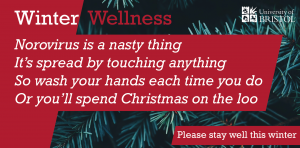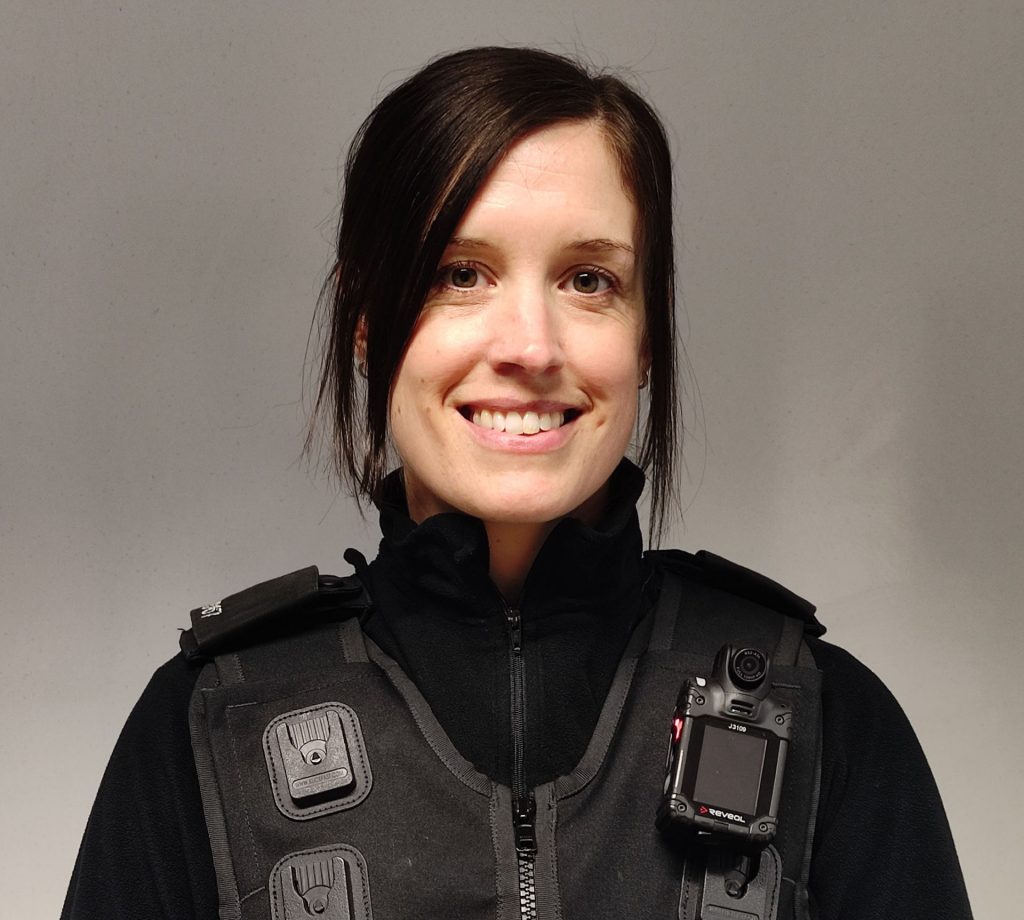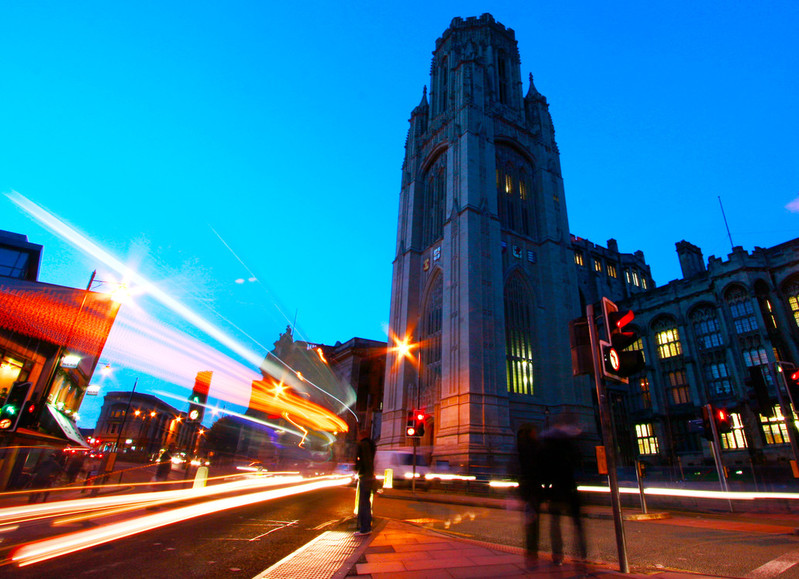Many of our international students may not be familiar with how the UK health system works and so here is a very simple guide to help. A list of some local services for Bristol and Bath is included at the end of this post.
A lot of our health services are provided by the National Health Service (NHS).
Details of services available to Bristol and Bath students can be found at the end of this post.
Accidents and Emergencies – available 24 hours a day. Call 999
If you have a serious accident or need urgent medical care for a life-threatening condition, you should call 999 from your phone and ask for an ambulance. Or it is safe to do so, you can go to your nearest hospital Accident and Emergency room (often referred to as A&E). You will be seen by a receptionist when you arrive and then you will be assessed by medical staff before you are seen for further treatment/investigation.
You should expect to wait to be seen – average times vary but can be up to 4 hours, depending on the seriousness of your situation.
Not sure if you should visit A&E or would like some advice? Call 111 or visit https://111.nhs.uk/
The NHS 111 service is available 24 hours a day. When you call, you will be asked several questions about yourself and your condition and you will be told what to do next, which could be to see a doctor, go to A&E or they may make you an appointment at an urgent treatment centre/minor injury unit. They may also advise you to see a pharmacist to get some medication.
Urgent treatment centre/minor injury unit
These are separate from A&E and you can go to an urgent treatment centre if you need urgent medical attention, but it’s not a life-threatening situation. These services are open at least 12 hours a day, every day – details below.
Doctors – by appointment only
In the UK, medical doctors working in the community are referred to as General Practitioners or GPs. They are often the first point of contact when we feel unwell and work out of GP Surgeries or GP Practices.
You cannot go to a GP surgery/practice without first registering and then making an appointment.
How you make an appointment will depend on the surgery. Some will offer an online system, others will need you to call them directly – you may be kept on hold, while you wait to speak to someone.
When it’s your turn, you will speak with the receptionist first and you should be prepared to explain why you need to see a doctor – this helps them decide which service you require. Sometimes you may be offered a telephone appointment, where the doctor will call you or you may be offered an in-person appointment at the surgery with a doctor or nurse.
Depending on how serious your condition is, you may have to wait to see a doctor, it could be up to two weeks.
Student Health Service
If you live in the practice area you will be able to register with the Student Health Service, which offers a full GP surgery to university students and their families.
If your condition changes or gets worse, whilst you are waiting to see the doctor, you can call 111 for advice or 999 if life-threatening.
If you no longer need to see the doctor, please cancel your appointment.
Pharmacists
If your doctor decides you need medication, you’ll need to collect it at a pharmacy. Your doctor will write a prescription which they can give to you or can send directly to your nominated pharmacy (you may have nominated one when you first registered at the surgery)
If you are feeling unwell or have a simple problem – a cough, common cold, flu-like symptoms, mild eye or ear infection. – you can go directly to the pharmacy and ask for their advice as they can offer a variety of medicines without a prescription.
In the UK most people have to pay for their medicine/prescriptions, however, you can check to see if you are entitled to free prescriptions here.
If you think you have a more serious condition, you can call 111, arrange to see your doctor, or if severe, go to A&E. You should not put off seeking help if you are unwell.
For further information on health services for international students, please visit: http://www.bristol.ac.uk/students-health/international-students/
For further info on general student health services, please visit: – http://www.bristol.ac.uk/students-health/international-students/health-services-in-the-uk/
Services
Bristol
Student Health Service
Hampton House, St Michael’s Hill, Bristol BS6 6AU.
Accident and Emergency
- Bristol Royal Infirmary – Marlborough Street, Bristol BS2 8HW
- Southmead Hospital – Southmead Road, Westbury-on-Trym , Bristol, Avon, BS10 5NB
Urgent medical care centres
- Bristol Urgent Treatment Centre, Hengrove Promenade BS14 0DE
- Yate Minor Injury Unit, 21 West Walk Yate BS374AX
- Clevedon Minor Injury Unit, Old Street Clevedon BS21 6BS
Bath
Accident and Emergency
Royal United Hospitals, Bath, Combe Park, Bath, Avon, BA1 3NG
The minor injury unit is also next to the A&E Department.
To find a GP – if you cannot register with the Student Health Service
https://www.nhs.uk/service-search/find-a-gp
To find a dentist
https://www.nhs.uk/service-search/find-a-dentist




 Call your family. I’m serious, no one is going to think you are “lame” for calling up your family members. I literally talk to my mom every other day or ring her randomly to show her something I’m excited about. I’ll also call family when I’m cooking something from home to get their input and tips, but also catch up and feel closer to them.
Call your family. I’m serious, no one is going to think you are “lame” for calling up your family members. I literally talk to my mom every other day or ring her randomly to show her something I’m excited about. I’ll also call family when I’m cooking something from home to get their input and tips, but also catch up and feel closer to them.
 Homesickness can be exacerbated at different stages of university life. Freshers’ week is a time when first years are adapting to student life and may wish for home often. Seeing everyone find a group and fit in easily may also affect us and make us feel even more homesick and wish we could run home. Over holidays like Christmas or Easter, when the city empties out of students going to see family, staying behind can be hard for many of us. I for one hosted my first Christmas, and although it was loads of fun, I would be lying if I didn’t confess seeing the Christmas pictures on the family group chat didn’t make me tear up. As international students, we also have different holidays and traditions that we may miss from home, and when those dates roll around, we might be hit with a feeling of homesickness and a yearning to participate in these important activities.
Homesickness can be exacerbated at different stages of university life. Freshers’ week is a time when first years are adapting to student life and may wish for home often. Seeing everyone find a group and fit in easily may also affect us and make us feel even more homesick and wish we could run home. Over holidays like Christmas or Easter, when the city empties out of students going to see family, staying behind can be hard for many of us. I for one hosted my first Christmas, and although it was loads of fun, I would be lying if I didn’t confess seeing the Christmas pictures on the family group chat didn’t make me tear up. As international students, we also have different holidays and traditions that we may miss from home, and when those dates roll around, we might be hit with a feeling of homesickness and a yearning to participate in these important activities. The SU: The Student Union has
The SU: The Student Union has 






